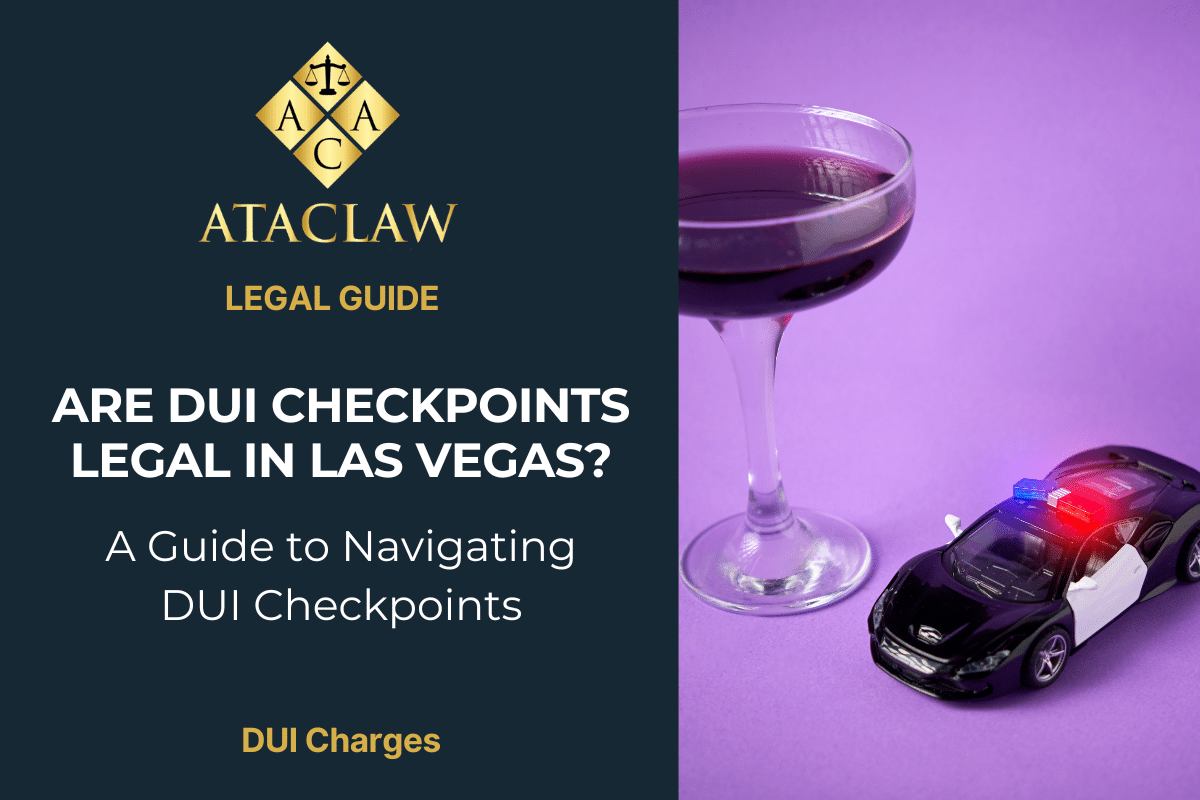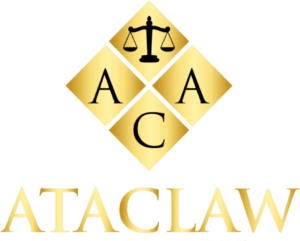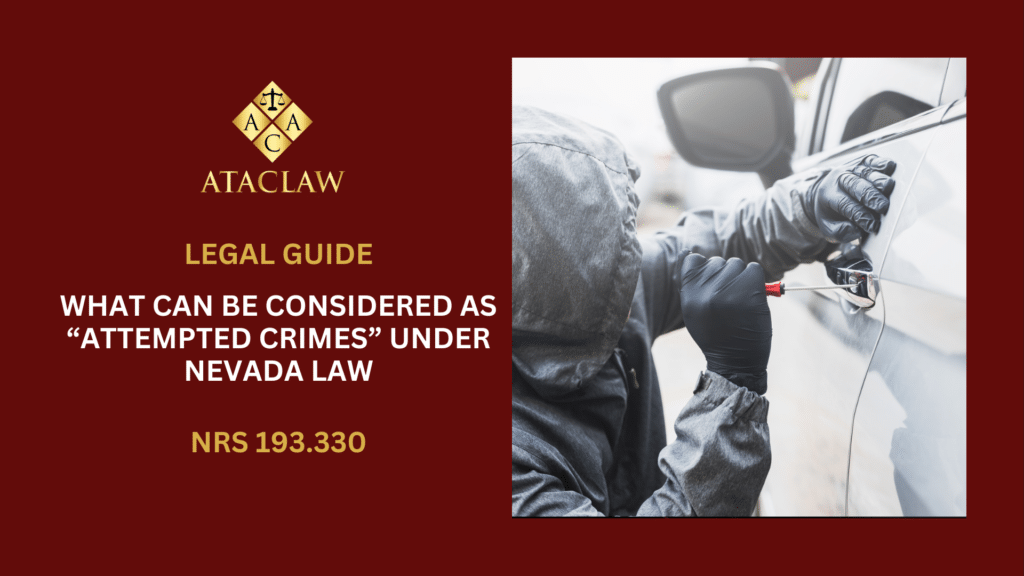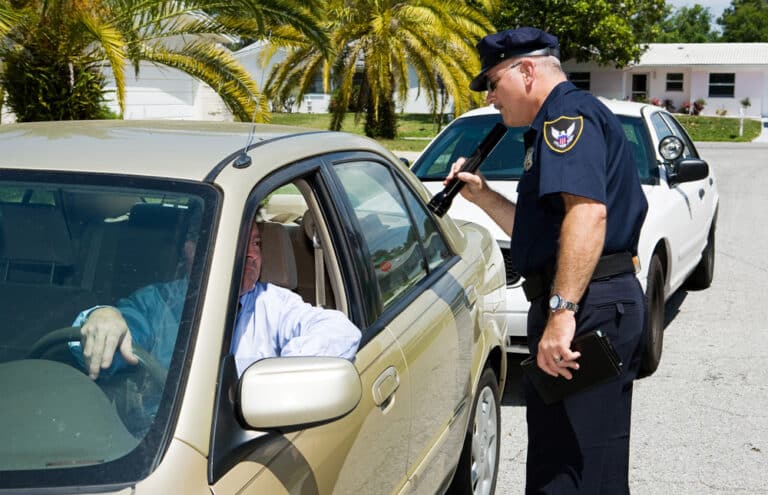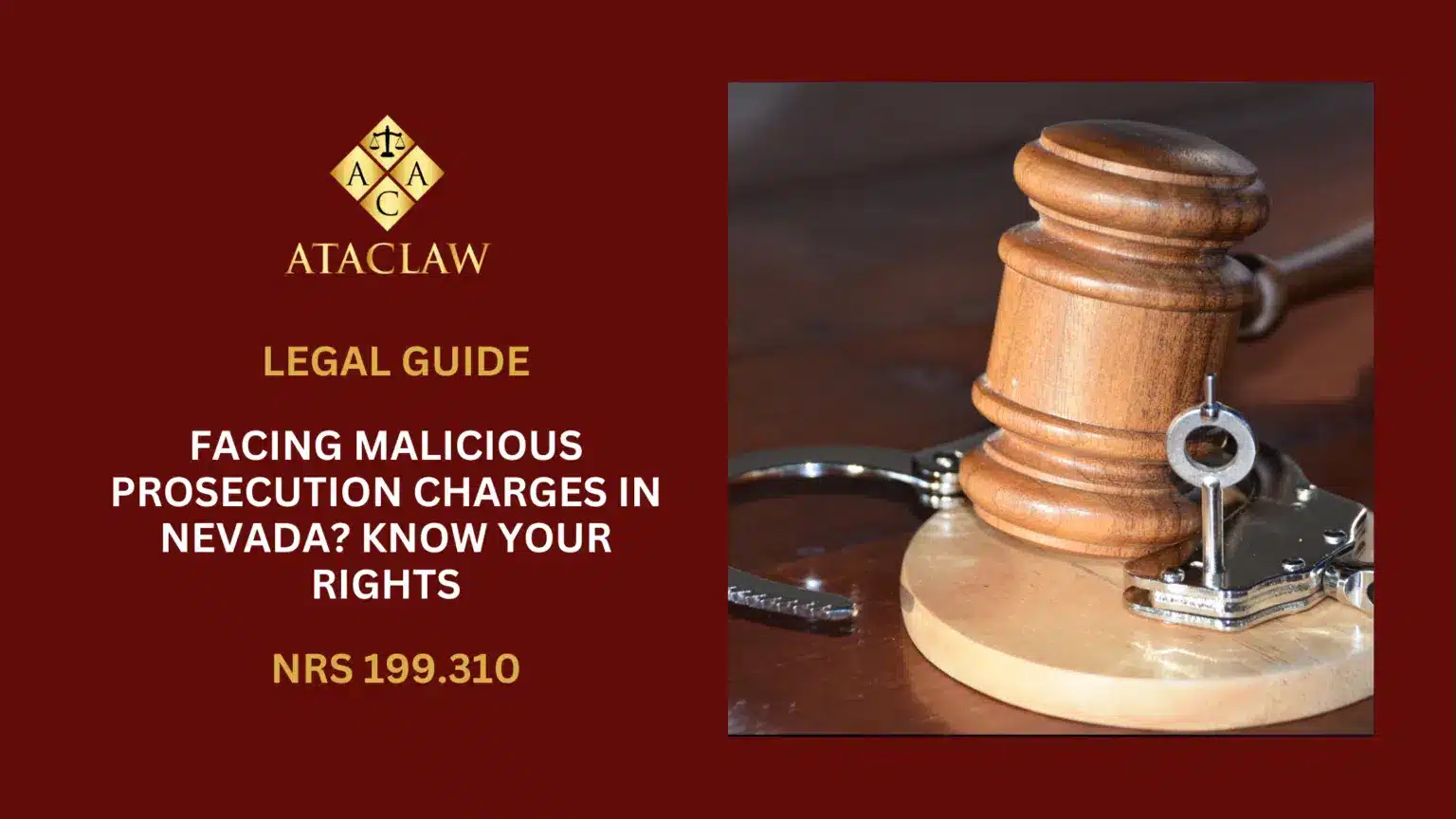When it comes to driving under the influence (DUI), law enforcement agencies in Las Vegas take a proactive stance to ensure public safety. One of the primary tools employed by the Las Vegas Metropolitan Police Department (LVMPD) is the establishment of DUI checkpoints, also known as sobriety checkpoints. These temporary roadblocks are strategically positioned to identify and apprehend drivers who may be operating their vehicles while impaired by alcohol or drugs.
While the legality of DUI checkpoints has been a subject of debate, the Nevada Supreme Court has upheld their constitutionality, deeming them an acceptable method for law enforcement to identify and apprehend impaired drivers. However, it is crucial for drivers to understand their rights and responsibilities when encountering these checkpoints to ensure a smooth and lawful interaction with the authorities.
Understanding DUI Checkpoints in Las Vegas
A DUI checkpoint is a designated location where law enforcement officers conduct vehicle stops to check drivers for signs of impairment due to alcohol or drug use. These checkpoints are typically set up during times when impaired driving is more likely to occur, such as holidays, weekends, or in conjunction with special events.
The primary objective of DUI checkpoints is to reduce the number of accidents and fatalities caused by intoxicated drivers. By identifying and removing impaired drivers from the road, these checkpoints play a crucial role in promoting public safety and deterring individuals from engaging in the dangerous act of driving under the influence.
Establishing DUI Checkpoints: Factors and Considerations
Law enforcement agencies in Las Vegas carefully plan and coordinate the establishment of DUI checkpoints, taking into account various factors to ensure their effectiveness and legality. Some of the key considerations include:
High-Traffic Areas and Locations
To maximize their impact, DUI checkpoints are often set up in areas with high traffic volumes or locations known for a higher incidence of DUI-related incidents. These may include:
- Vicinities near bars, nightclubs, or other establishments serving alcohol
- Major highways and thoroughfares
- Areas surrounding sporting events or concerts
Element of Surprise
Surprise is a crucial element in catching impaired drivers off guard. As such, the specific details of the location and frequency of DUI checkpoints are typically not disclosed to the public in advance. This unpredictability enhances the effectiveness of these operations.
Safety Considerations
Law enforcement agencies prioritize the safety of both their officers and the general public when determining the location of DUI checkpoints. They ensure that these checkpoints are set up in a manner that does not impede traffic flow or create hazardous conditions.
Legal Requirements for DUI Checkpoints in Nevada
To ensure the legality of DUI checkpoints in Nevada, law enforcement agencies must adhere to specific guidelines outlined in Nevada Revised Statutes (NRS) 484B.570. These requirements include:
- Visibility: The checkpoint must be clearly visible to oncoming traffic in either direction from a distance of at least 100 yards.
- Signage: A readable “STOP” sign must be placed near the centerline of the highway, visible from a distance of at least 50 yards.
- Warning Lights: A flashing red light must be clearly visible to oncoming traffic from a distance of at least 100 yards.
- Advanced Warning: Warning signs must be placed on the side of the highway at least a quarter-mile (in rural areas) or 700 feet (in urban areas) from the roadblock, accompanied by a burning beam light, flare, or lantern to attract attention.
Failure to comply with these requirements may result in reduced or dismissed charges for drivers who fail to stop at the DUI checkpoint.
Consequences of Failing to Stop at a DUI Checkpoint
Under Nevada law, specifically NRS 484B.580, failing to stop at a DUI checkpoint constitutes a gross misdemeanor. The penalties for this offense can be severe, including:
- Potential jail term of up to 364 days, and/or
- Fines reaching up to $2,000.
Moreover, if the driver’s actions result in substantial bodily harm, death, or property damage exceeding $1,000, the charges escalate to a Category B felony. In such cases, the penalties can include:
- Imprisonment for 1 to 6 years in a Nevada state prison, and/or
- Fines of up to $25,000.
It is important to note that these penalties are in addition to any charges that may arise from driving under the influence, should the driver be found to be impaired.
Procedures at DUI Checkpoints: What to Expect
When approaching a DUI checkpoint, drivers are expected to comply with the instructions provided by law enforcement officers. The typical procedure involves the following steps:
- Stopping the Vehicle: As drivers approach the checkpoint, they will be instructed to stop their vehicles by law enforcement officers. It is crucial to follow these instructions promptly and safely.
- Providing Documentation: Upon stopping, drivers may be asked to provide their driver’s license, vehicle registration, and proof of insurance. Cooperation and compliance with these requests are essential.
- Preliminary Screening: Officers may engage in brief questioning or observation to assess the driver’s sobriety. This may involve checking for signs of impairment, such as slurred speech, bloodshot eyes, or the odor of alcohol or drugs.
- Field Sobriety Tests: If an officer suspects that a driver may be impaired, they may request the driver to submit to field sobriety tests. These tests are designed to evaluate the driver’s physical and cognitive abilities, which can be affected by the consumption of alcohol or drugs.
- Breathalyzer or Chemical Testing: Depending on the results of the field sobriety tests or other indicators of impairment, the officer may request the driver to submit to a breathalyzer test or other chemical testing to determine their blood alcohol content (BAC) or the presence of drugs in their system.
- Arrest and Charges: If the officer has probable cause to believe that the driver is operating a vehicle while under the influence of alcohol or drugs, the driver may be arrested and charged with a DUI offense.
It is important to note that while drivers are required to comply with lawful orders from law enforcement officers, they also have certain rights. For example, drivers have the right to remain silent and the right to refuse to answer incriminating questions without the presence of an attorney.
Challenging the Legality of DUI Checkpoints
Despite the legal standing of DUI checkpoints in Las Vegas, there have been challenges to their legality based on arguments related to unreasonable search and seizure, as well as the right against self-incrimination.
Unreasonable Search and Seizure Argument
Critics of DUI checkpoints argue that these operations violate the Fourth Amendment’s protection against unreasonable searches and seizures. The crux of this argument lies in the fact that DUI checkpoints involve stopping vehicles without any individualized suspicion of wrongdoing, which may be considered an unreasonable seizure under the Fourth Amendment.
Self-Incrimination Argument
Another argument against DUI checkpoints revolves around the Fifth Amendment’s protection against self-incrimination. Critics contend that requiring drivers to answer questions or submit to field sobriety tests at these checkpoints may violate their right to avoid self-incrimination.
While these arguments have been raised, the Nevada Supreme Court has upheld the legality of DUI checkpoints, provided that they are conducted in accordance with the established legal requirements and guidelines.
Consulting with a Las Vegas DUI Defense Attorney
If you or a loved one has been arrested or charged with a DUI offense at a checkpoint in Las Vegas, it is crucial to seek legal representation from an experienced DUI defense attorney. A skilled attorney can review the circumstances surrounding the checkpoint and ensure that law enforcement agencies followed proper procedures and constitutional guidelines.
An attorney can also assist in challenging the legality of the checkpoint or any potential violations of your rights during the stop. Additionally, they can provide guidance on the best defense strategies and work to mitigate the potential consequences of a DUI charge.
Frequently Asked Questions (FAQs)
Can I legally turn around and avoid a DUI checkpoint?
Yes, you can legally turn around and avoid a DUI checkpoint if you have not yet entered the checkpoint area. However, it is important to make a legal turn or detour and not engage in any illegal maneuvers, such as an improper U-turn or violating traffic laws.
Can I refuse to submit to field sobriety tests or chemical testing?
In Nevada, refusing to submit to chemical testing (such as a breathalyzer or blood test) after being arrested for DUI can result in additional penalties, including an automatic license suspension. However, you have the right to refuse field sobriety tests, although this refusal may be used as evidence against you in court.
What should I do if I believe my rights were violated at a DUI checkpoint?
If you believe that your rights were violated during a DUI checkpoint stop, it is essential to consult with a skilled DUI defense attorney. They can review the circumstances of your case and determine if any legal actions can be taken to challenge the validity of the stop or the charges against you.
Can I be searched at a DUI checkpoint without probable cause?
DUI checkpoints are not designed for extensive searches without probable cause. Officers typically need reasonable suspicion of impairment before conducting a more thorough search of your vehicle or person. It is crucial to know your rights and consult legal advice if you believe your rights have been violated.
What should I do if I am arrested at a DUI checkpoint?
If you are arrested at a DUI checkpoint, it is important to remain calm and respectful towards law enforcement officers. Exercise your right to remain silent and request to speak with an attorney as soon as possible. Do not make any statements or admissions without legal representation present.
Final Thoughts
DUI checkpoints in Las Vegas are a legal and widely employed method for law enforcement agencies to identify and apprehend impaired drivers. While these checkpoints are constitutional and serve the purpose of promoting public safety, it is crucial for drivers to understand their rights and responsibilities when encountering them.
By complying with lawful orders from law enforcement officers and exercising their rights appropriately, drivers can navigate DUI checkpoints in a lawful and respectful manner. If arrested or charged with a DUI offense, seeking legal representation from an experienced Las Vegas DUI defense attorney is highly recommended to protect your rights and explore all available defense strategies.
Remember, driving under the influence is a serious offense with severe consequences. It is essential to prioritize public safety and make responsible decisions when it comes to operating a vehicle after consuming alcohol or drugs.
Do you need a DUI Defense Attorney in Las Vegas?
If You’re needing a DUI Dismissed, We’re Here To Help.
Call us for help
What is the “2 hour rule” for DUIs in Nevada?
Do I need to take a breathalyzer test if I get pulled over in Las Vegas?
Is it legally required to submit to a blood test for a DUI?
How to get my DUI dismissed?
What happens if I get a DUI out of state?
We have answers for you
To learn more about DUI laws in Las Vegas and how to get your self defense charge dismissed or to discuss a particular criminal case that you or someone you love is facing, Call ATAC Law firm for help to get your charges reduced or your DUI dismissed.
Contact us for a FREE phone meeting to discuss your case with what people are calling the best criminal defense attorney in Las Vegas.
At ATAC, our Las Vegas team of lawyers is here to work with you to help you through your case.
For Nevada Revised Statutes (NRS) related to legal matters, including sex crimes, fraud charges, DUI charges, domestic violence, and non-homicide self-defense, you can visit the official website of the Nevada Legislature or consult legal databases specific to the state. These resources will provide you with the most up-to-date and accurate information on the relevant statutes.
- Nevada Legislature Website: You can visit the official website of the Nevada Legislature at leg.state.nv.us. The website usually has an easy-to-navigate interface where you can search for specific NRS codes related to different legal categories.
- Legal Databases: Online legal databases such as Nevada Legal Forms or Justia may also provide access to the latest Nevada Revised Statutes.
- Legal Professionals: If you have specific legal questions or need assistance with legal codes, consulting with a legal professional, such as an attorney practicing in Nevada, is always a good idea.

